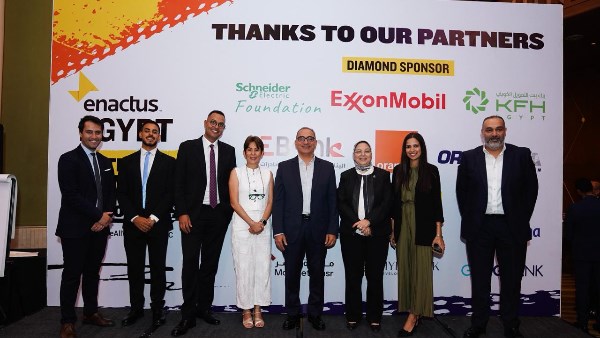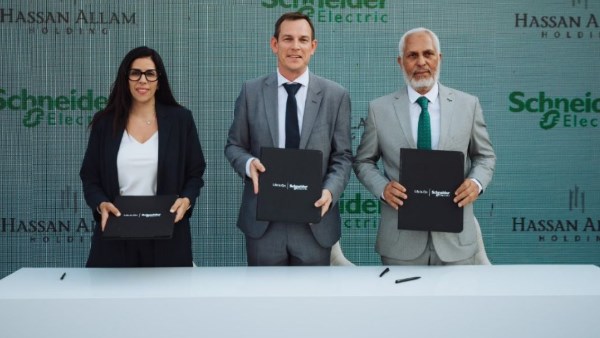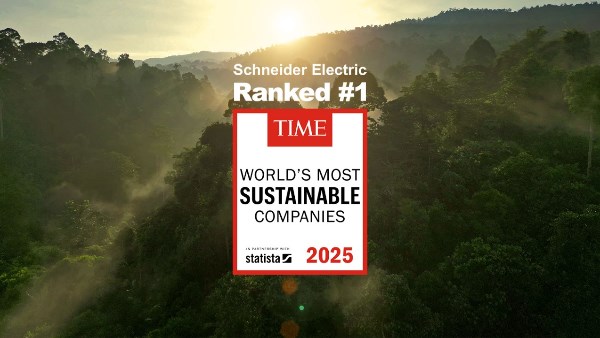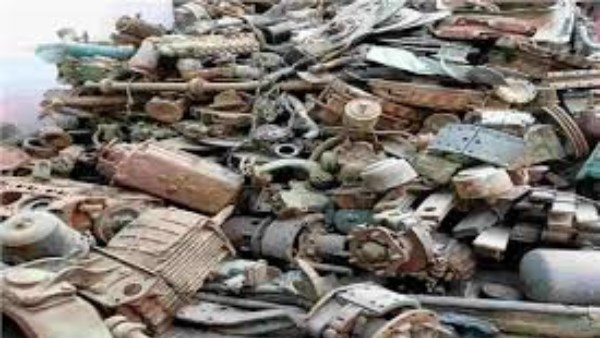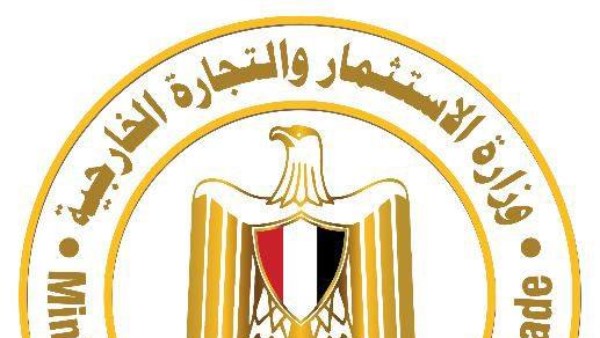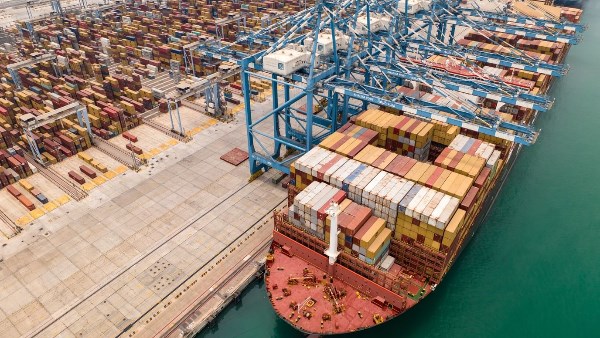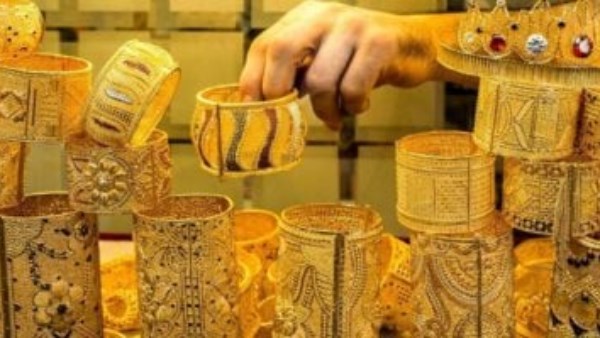
Prime Minister Inaugurates Schneider Electric’s New Expansions in Badr City
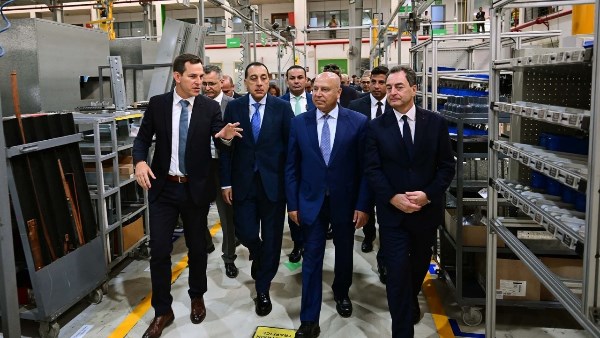
Prime Minister, Dr. Mostafa Madbouly, has inaugurated the latest expansions of Schneider Electric’s plant in Badr City, the company’s largest industrial facility in the Middle East and a flagship model of industrial innovation and environmental sustainability. The inauguration took place in the presence of Lieutenant General Eng. Kamel Al-Wazir, Deputy Prime Minister for Industrial Development and Minister of Industry and Transport, Dr. Mahmoud Esmat, Minister of Electricity and Renewable Energy, Engineer Hassan El Khatib, Minister of Investment and Foreign Trade, and the French Ambassador to Egypt Eric Chevallier. Implemented by Schneider Electric, the global leader in the digital transformation of energy management and automation, the new expansion strengthens the plant’s position as a strategic hub for manufacturing low- and medium-voltage solutions. It also reaffirms Schneider Electric’s commitment to expanding its industrial investments in Egypt, which have reached approximately €320 million since entering the market 37 years ago.
The new expansions that helped increasing the plant’s total production capacity by 30%, adding new production lines. This expansion underscores Schneider Electric’s commitment to supporting Egypt’s plans for local manufacturing and transition to clean energy. The local component in the plant’s products rose from 55% in 2021 to 81% in 2024, with an ambitious plan to reach 85%. The expansions have also contributed to creating direct and indirect job opportunities and strengthening the plant’s contribution to Egypt’s industrial output and economic growth.
The Prime Minister also inspected the Integrated Services Training Center, newly launched by Schneider Electric at the Badr plant, which serves as a key hub for building technical capacity across the Northeast Africa region. The center provides comprehensive training for service representatives and engineers, covering the full service cycle, from installation, operation, and maintenance to troubleshooting, repairs, and digital service delivery. It currently offers programs on low- and medium-voltage systems, industrial automation, and uninterruptible power supply (UPS) systems. The center delivers both technical and practical training modules aimed at developing professional skills, with a target of training and qualifying around 500 specialized technicians by 2026, in addition to engineers and technicians from partners, contractors, and customers.
H.E. Eric Chevalier, Ambassador of France to Egypt, stated: “The economic relations between Egypt and France are developing significantly, and today stands as a real example of the accelerating growth in the dynamics of this relationship, in line with the vision of both presidents following President Macron’s visit to Egypt last April. What we are witnessing at Schneider Electric is exactly what we need to see, a distinguished model of how French companies contribute to supporting Egypt’s economic development.” He added, “The company’s presence in the country for more than 37 years reflects the strength of the partnership between our two nations and our shared commitment to innovation, sustainability, and human capital development. The expansion of Badr plant is a clear demonstration of what the French-Egyptian partnership can achieve, creating jobs, increasing exports, and reinforcing Egypt’s position as a regional hub for advanced manufacturing.”
Commenting on this high-level visit, Sebastien Riez, CEO of Schneider Electric Northeast Africa & Levant, stated: “The visit of Dr. Mostafa Madbouly, Prime Minister of Egypt, and the accompanying government delegation to Badr plant reflects the depth of our long-standing partnership and the alignment of visions between the Egyptian government and Schneider Electric. Egypt remains one of our key strategic markets for growth in the region, and our continued investments, including the recent Badr plant expansions, reaffirm our confidence in the tremendous potential of this dynamic market.” He added: “Badr plant is not merely an industrial facility; it is a tangible embodiment of our commitment to supporting Egypt’s plans for local manufacturing and the transition to clean energy. By implementing the highest standards of sustainability and innovation, we are helping drive industrial development and creating a positive impact on both the environment and the communities in which we operate.”
Badr plant serves as an integrated model of smart and sustainable manufacturing, and is among the first Schneider Electric factories in the region to receive the Zero Carbon certification. This milestone is achieved by relying on renewable energy sources, with 20% generated from on-site solar panels, and the remainder sourced from other clean energy providers. The plant’s commitment to sustainability is further reflected in its elimination of single-use plastics, their replacement with recycled packaging, and its ongoing efforts to reach 50% green materials in its products this year, after already achieving 35%, underscoring the company’s strong alignment with the UN Sustainable Development Goals.
For his part, Arda Çimen, Manager of the Schneider Electric plant in Badr City, stated: “Badr Plant is one of Schneider Electric’s largest industrial facilities in the Middle East and Africa, and a leading model of smart and sustainable manufacturing. The recent expansions have increased our production capacity by 30%, enabling us to meet the growing demand in the local market and strengthen our exports, which now account for more than 50% of the plant’s total output to over 35 countries worldwide.” He added: “It also marks an important milestone in the plant’s journey toward increasing the local component ratio to 85% and reinforcing its role as a key hub for manufacturing and exporting low- and medium-voltage solutions that meet the highest standards of quality and efficiency, in line with Schneider Electric’s commitment to supporting Egypt’s vision of becoming a regional center for smart and sustainable energy.”
Mona Samir, Vice President of Government Affairs at Schneider Electric Northeast Africa & Levant, stated: “These expansions reflect the outcome of continued collaboration between Schneider Electric and the Egyptian government, and our joint efforts to support the country’s plans to enhance local manufacturing and attract sustainable investments. Through our partnerships with government entities and key clients, we continue to develop innovative solutions that drive Egypt’s industrial and digital transformation.”
Established in 2009, Badr plant operates as a major export hub for the company, with more than 50% of its production exported to over 35 countries worldwide, including Saudi Arabia, Iraq, Algeria, Uganda, Kenya, France, and Morocco. Over the past four years, the factory has multiplied its export volume more than tenfold, reflecting Schneider Electric’s strong commitment to supporting sustainable industrial development in Egypt and reinforcing the country’s position as a regional center for manufacturing and exports in the Middle East and Africa.
It is worth noting that products manufactured at Badr plant have been integral to several major national projects supporting Egypt’s digital transformation and sustainability agenda. Notably, Distribution Control Center for transformation the national grid to a smart grid, implemented in partnership with the Ministry of Electricity and Renewable Energy. This kind of projects underscore the vital role Badr’s technologies play in modernizing national infrastructure and driving a smarter, more sustainable economy.





-1120252475029447.jpg)

